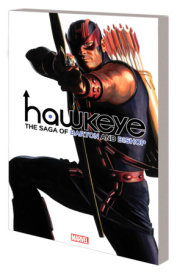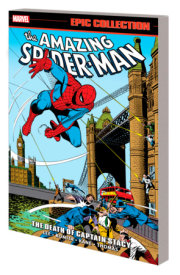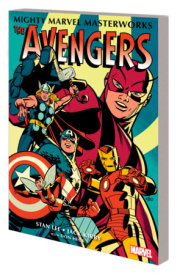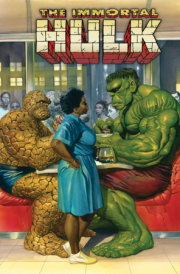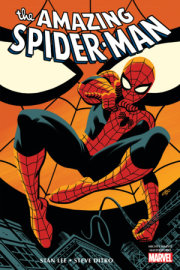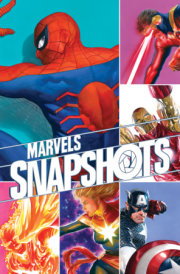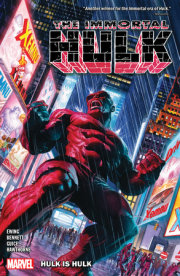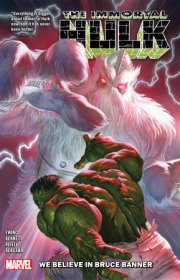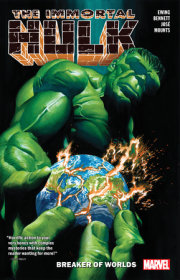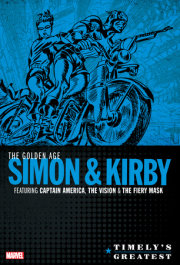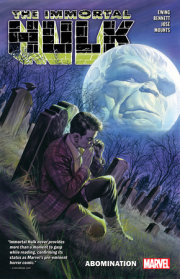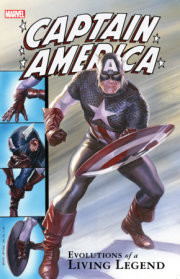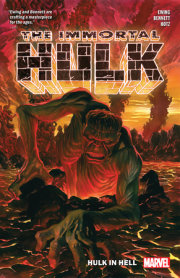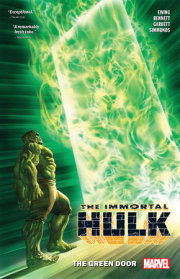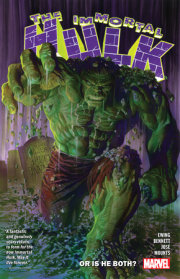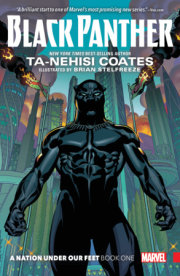Writer/editor Stan Lee (1922-2018) made comic-book history together with Jack Kirby in 1961 with Fantastic Four #1. The monumental popularity of its new style inspired Lee to develop similarly themed characters — including the Hulk and X-Men with Kirby, Spider-Man and Doctor Strange with Steve Ditko, and Daredevil with Bill Everett. After shepherding his creations through dozens of issues — in some cases a hundred or more — Lee allowed other writers to take over, but he maintained steady editorial control. Eventually, he helped expand Marvel into a multimedia empire. In recent years, his frequent cameo appearances in Marvel’s films established Lee as one of the world’s most famous faces.
John Byrne has worked continuously in the comics industry as both writer and artist since 1975. After he initially collaborated with writer Chris Claremont on Iron Fist, Byrne and Claremont moved on to X-Men for a run still regarded as one of the title’s finest. Byrne contributed an equally famed stint on Fantastic Four, earning comparisons to the original Lee/Kirby issues for his imaginative plotlines and dynamic artwork. He also spun Alpha Flight into its own title. In 1986, he revamped DC’s flagship hero, Superman, reimagining the Man of Steel in a historic project heralded by a Time magazine cover. His remarkable contribution to the Marvel Universe extends to memorable associations with virtually every major hero, including celebrated runs on Captain America, Iron Man, Sensational She-Hulk, Namor the Sub-Mariner and Thing. In the 21st century, Byrne’s considerable body of work includes IDW’s Star Trek and Angel.
Born Jacob Kurtzberg in 1917 to Jewish-Austrian parents on New York’s Lower East Side, Jack Kirby came of age at the birth of the American comic book industry. Beginning his career during the rising tide of Nazism, Kirby and fellow artist Joe Simon created the patriotic hero Captain America. Cap’s exploits on the comic book page entertained millions of American readers at home and inspired U.S. troops fighting the enemy abroad. When World War II ended, the public’s interest in super heroes waned; Kirby turned his artistic talents during the 1950s to other genres, such as monsters, Westerns and crime — as well as the first-of-its-kind Young Romance Comics. In 1961, Kirby returned to super heroes to illustrate what would become the defining issue in Marvel Comics history: Fantastic Four #1. Written by Stan Lee, the team’s debut revolutionized the industry overnight. In contrast to the staid artwork of his predecessors, Kirby’s illustrations seemed to leap off the page with eye-popping action and drama. For the next decade, Kirby and Lee would introduce a mind-boggling array of new characters — including the Avengers, the Hulk, Thor, Iron Man, the Silver Surfer and the X-Men. Taken together, Kirby’s groundbreaking work with Lee formed the foundation of the Marvel Universe. In the early 1970s, Kirby moved to DC Comics, where his boundless creativity continued. He returned to Marvel in 1975, writing and illustrating Captain America and introducing his final major concept, the Eternals. With the explosion of TV animation during the 1980s, Kirby’s talents turned to the small screen. Comic fans quickly recognized his work on such series as Thundarr the Barbarian and Turbo Teen. Kirby died in 1994, but his influence on the comic book industry is as strong as ever. His work has inspired a generation of professional artists and modern writers who continue to explore his vast universe of concepts and characters.

![Amazing Spider-Man Epic Collection: Spider-Man No More [New Printing 2]](https://images.penguinrandomhouse.com/cover/9781302967857?width=180)
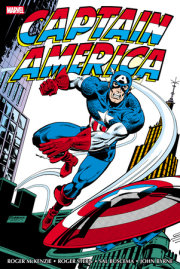
![Amazing Spider-Man Epic Collection: The Goblin's Last Stand [New Printing 2]](https://images.penguinrandomhouse.com/cover/9781302967796?width=180)
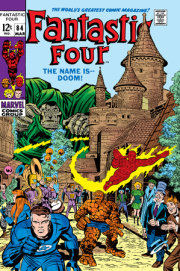
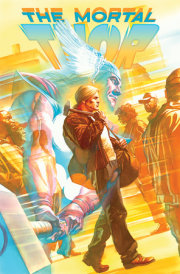
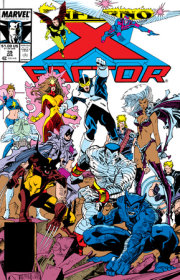
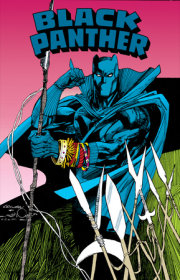
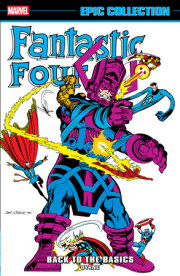

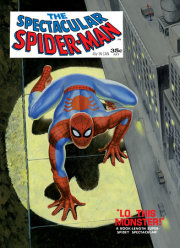
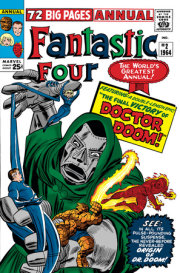

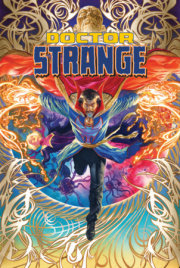
![Marvel Masterworks: The Amazing Spider-Man Vol. 4 [Remasterworks]](https://images.penguinrandomhouse.com/cover/9781302956066?width=180)
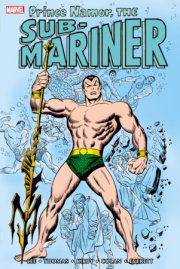
![Avengers West Coast Epic Collection: Vision Quest [New Printing]](https://images.penguinrandomhouse.com/cover/9781302963910?width=180)
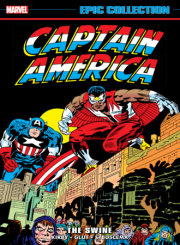
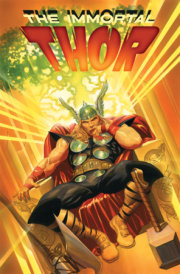
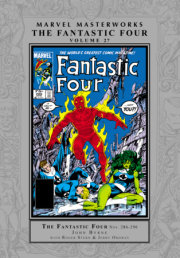
![Marvel Masterworks: The Silver Surfer Vol. 1 [Remasterworks]](https://images.penguinrandomhouse.com/cover/9781302956042?width=180)

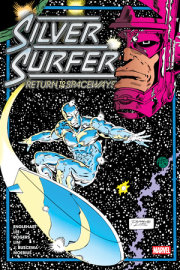
![Silver Surfer Omnibus Vol. 1 John Buscema First Issue Cover [New Printing 2]](https://images.penguinrandomhouse.com/cover/9781302963583?width=180)
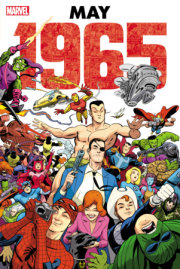
![Earth X [New Printing 3]](https://images.penguinrandomhouse.com/cover/9781302962913?width=180)
![Marvel Masterworks: Captain America Vol. 1 [Remasterworks]](https://images.penguinrandomhouse.com/cover/9781302956028?width=180)
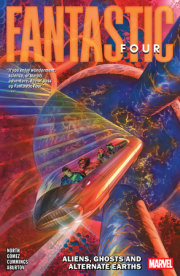
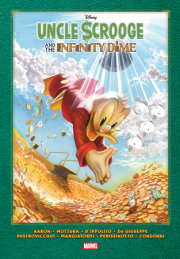

![Marvel Masterworks: The Fantastic Four Vol. 3 [Remasterworks]](https://images.penguinrandomhouse.com/cover/9781302956004?width=180)
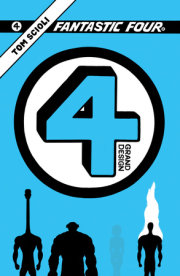
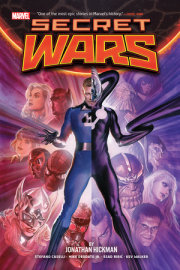
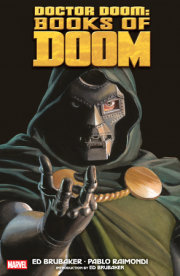
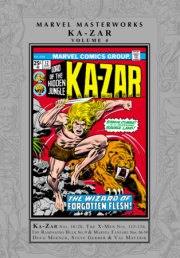
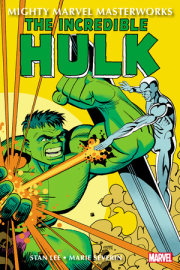
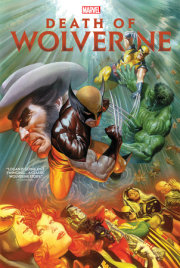
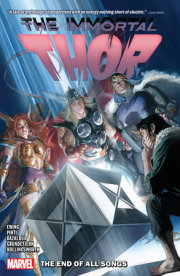
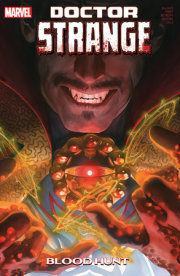
![Marvel Masterworks: The Uncanny X-Men Vol. 2 [Remasterworks]](https://images.penguinrandomhouse.com/cover/9781302951467?width=180)
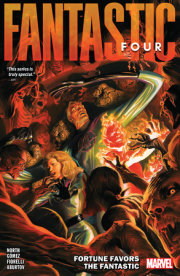
![The Uncanny X-Men Omnibus Vol. 2 Stuart Immonen Cover [New Printing 3]](https://images.penguinrandomhouse.com/cover/9781302959074?width=180)

![Fantastic Four Epic Collection: World's Greatest Comic Magazine [New Printing 2]](https://images.penguinrandomhouse.com/cover/9781302960421?width=180)
![Captain America Omnibus Vol. 2 Carlos Pacheco Cover [New Printing]](https://images.penguinrandomhouse.com/cover/9781302958398?width=180)
![Incredible Hulk Epic Collection: Man Or Monster? [New Printing 2]](https://images.penguinrandomhouse.com/cover/9781302960438?width=180)
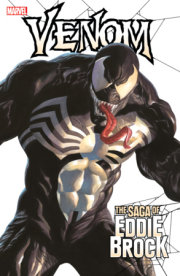
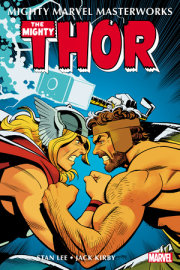
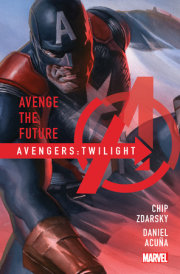
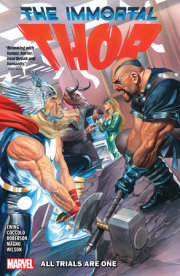
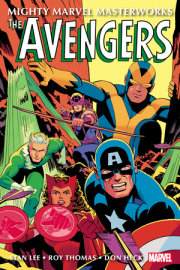
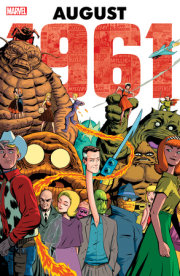
![Silver Surfer Epic Collection: Freedom [New Printing]](https://images.penguinrandomhouse.com/cover/9781302957926?width=180)
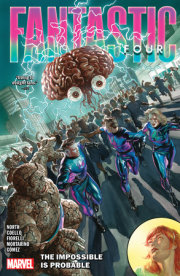
![X-Men Epic Collection: Children Of The Atom [New Printing 2]](https://images.penguinrandomhouse.com/cover/9781302957834?width=180)
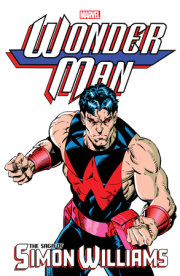
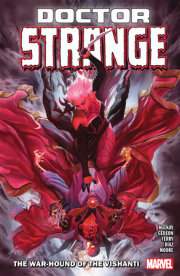
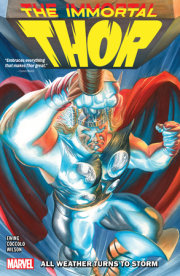
![Amazing Spider-Man Epic Collection: The Secret Of The Petrified Tablet [New Printing]](https://images.penguinrandomhouse.com/cover/9781302957810?width=180)
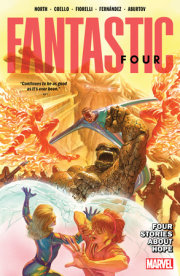
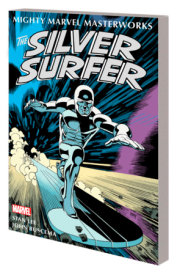
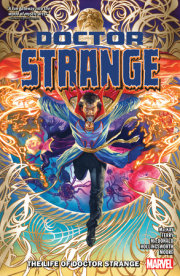
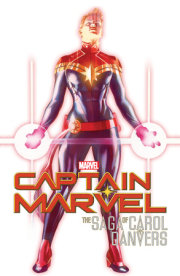
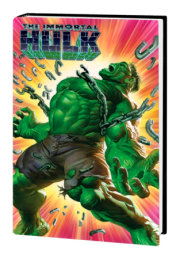
![X-Men Epic Collection: The Fate Of The Phoenix [New Printing]](https://images.penguinrandomhouse.com/cover/9781302950507?width=180)
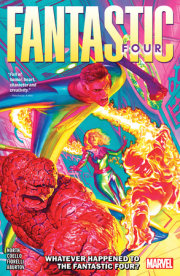
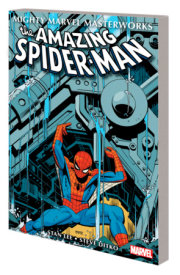
![X-Men: Dark Phoenix Saga [New Printing 2]](https://images.penguinrandomhouse.com/cover/9781302950033?width=180)
![Fantastic Four Epic Collection: The Coming Of Galactus [New Printing 2]](https://images.penguinrandomhouse.com/cover/9781302950415?width=180)
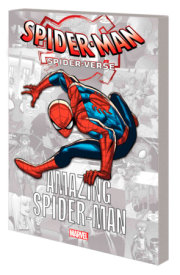
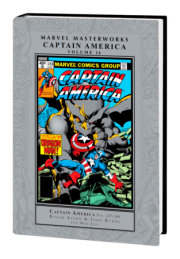
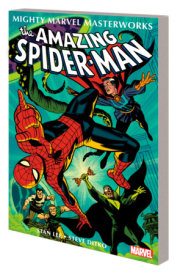
![Immortal Hulk Vol. 10: Of Hell And Of Death [Gatefold]](https://images.penguinrandomhouse.com/cover/9781302925987?width=180)

